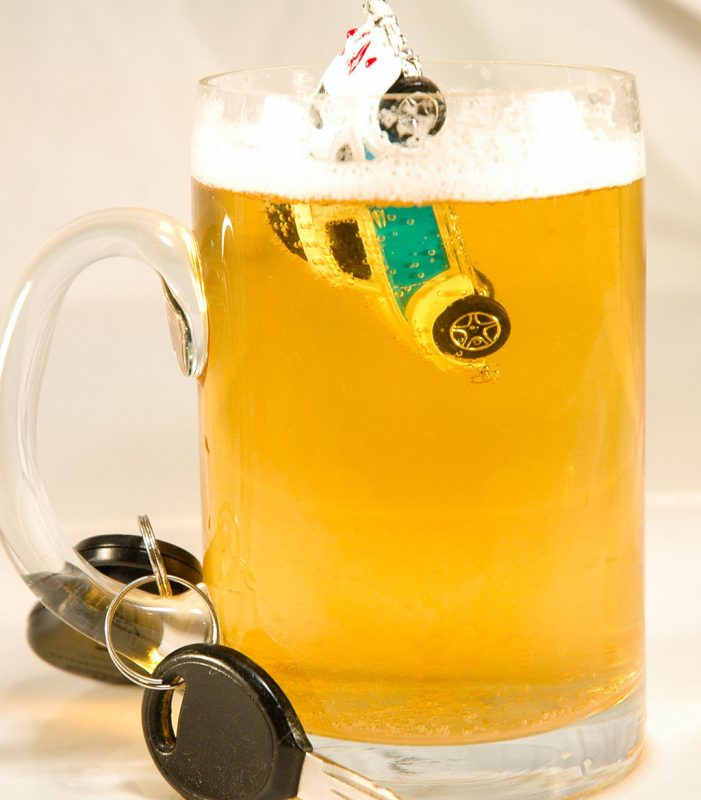
Being charged with a driving under the influence (DUI) offense can have serious repercussions on an individual’s personal and professional life. While the legal system aims to discourage and penalize impaired driving, not all DUI charges result in convictions. A well-prepared defense can influence the outcome of a DUI case, and knowing the available defense strategies is crucial for those seeking to mitigate the charges or pursue an acquittal.
Defense attorneys employ various strategies to protect their clients’ rights and challenge the evidence presented by the prosecution. Such strategies can question the validity of the traffic stop, the accuracy of the breathalyzer test, or the administration of field sobriety tests. Legal defenses may also consider whether the arresting officers followed appropriate procedures or if there are any inconsistencies in the prosecution’s case that might cast doubt on the defendant’s guilt.
Understanding these strategies is important for anyone facing DUI charges. Knowledge of legal defenses allows defendants to actively participate in their defense, collaborate effectively with their attorney, and improve their chances of a favorable outcome in court.
In DUI cases, evidence and police reports are pivotal. They form the basis for prosecuting or defending against driving under the influence (DUI) charges.
Blood Alcohol Content (BAC): Prosecutors often rely heavily on BAC levels reported during the arrest. Defense teams scrutinize these readings, as errors in the testing procedure or calibration of the breathalyzer can invalidate results.
| BAC Testing Methods | Potential Issues |
| Breathalyzer Tests | Calibration, operation errors |
| Blood Tests | Chain of custody, contamination |
| Field Sobriety Tests | Subjectivity, improper conduct |
Video Footage: This is critical in DUI cases. Recordings from dash cams or body-worn cameras can confirm or contradict the arresting officer’s account. A defense attorney would look for discrepancies between the report and the footage, such as the suspect’s behavior or performance on sobriety tests.
Accuracy and Consistency: Defense attorneys meticulously review police reports for inaccuracies or inconsistencies, which could challenge the credibility of the charges. They ensure that all details mentioned in the report precisely match the events captured on video or supported by witnesses.
Procedure: It is imperative to confirm that the arresting officers adhered to proper protocol. Any deviation from lawful arrest procedures can be a significant point of contention and might result in evidence being deemed inadmissible.
DUI legal representation in Prince William County is crucial to navigating the intricacies of evidence and police reports. They help accused individuals understand their charges, contest any inaccuracies, and provide a robust defense. The proficiency with which evidence is examined and police reports are analyzed can greatly influence the outcome of a DUI case.
Legal Grounds: A defense attorney may argue that the initial traffic stop lacked reasonable suspicion, making any evidence collected subsequently inadmissible in court.
Accuracy and Protocol: Attorneys often question the accuracy of sobriety tests and whether proper protocols were followed.
Breathalyzer: Breathalyzer calibration and administration are scrutinized for errors that could invalidate results.

Automotive Addicts Contributors are a collective of guest writers, industry professionals, and passionate enthusiasts who bring fresh perspectives to the Automotive Addicts platform. Focused on delivering timely news, in-depth reviews, and unique insights, these contributors help keep the site dynamic and engaging. Many use the platform to expand their reach and build credibility within the automotive media world, adding depth and variety to the content that drives the Automotive Addicts community.